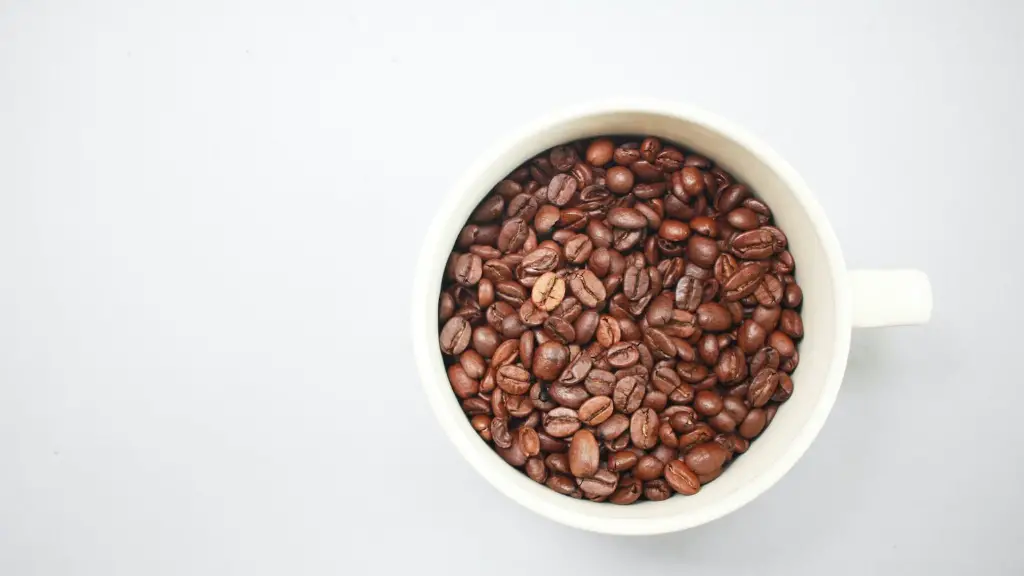The Biology of Sleepiness
Sleepiness is an all-too-common feeling that is triggered by the lack of sleep. It’s a natural process that our bodies use to help us stay alert and function properly. When we don’t get enough sleep, sleepiness sets in, affecting our alertness and overall productivity. It often makes us feel irritable and unable to think clearly.
The biology of sleepiness is complicated. It involves a complex set of hormones, neurotransmitters and other chemicals that act on our brains and bodies in different ways. Our circadian rhythm, the internal biological clock that regulates our daily cycles of wakefulness and sleep, is particularly important in controlling our sleepiness. During the day, it triggers so-called “alertness hormones” that help support our wakefulness, while at night it increases our levels of “sleep hormones” that help us fall asleep and stay asleep.
Lack of sleep can dramatically interfere with our body’s natural cycles and cause us to feel extremely sleepy during the daytime. According to the National Sleep Foundation, adults need between 7 and 9 hours of sleep to feel adequately rested. But due to our increasingly busy lifestyles, many of us get much less. Research has shown that lack of sleep has a major impact on our performance, alertness, and decision-making abilities.
The Caffeine Factor
Coffee is a popular choice when it comes to beating sleepiness. Caffeine is a stimulant that helps to reduce feelings of fatigue by preventing adenosine, a neurotransmitter associated with sleep, from binding to its receptors in the brain. It also increases the release of other neurotransmitters, such as dopamine and glutamate, which can help improve focus and alertness.
Drinking coffee can make you feel temporarily more alert and awake, thanks to the short-term effects of the caffeine. But unfortunately, the effects of caffeine can be short-lived and may even leave you feeling MORE sleepy afterwards. This is because caffeine can sometimes disrupt the circadian rhythm and affect your body’s natural sleep-wake cycle. After the caffeine wears off, you may feel sleepier than before, as your body has to make up for the sleep it has lost.
Another reason why you may feel sleepier after drinking coffee is because of the sugar, cream and other additives that are often added to coffee. These can have a negative impact on the body’s natural sleep-wake cycle, leaving you feeling even more fatigued.
Tips to Beat Sleepiness
It’s important to make sure that you get enough sleep in order to avoid feeling overly sleepy during the day. Set a regular sleep/wake schedule and stick to it as much as possible. Try to go to bed and wake up at the same time each day. Also, limit nighttime activities that can disrupt the quality of your sleep, such as TV watching and excessive caffeine consumption.
During the day, take regular breaks from whatever you’re doing and take short power naps if you can. Power naps can help to restore your alertness and concentration when fatigue sets in. Eating healthy snacks and exercising can also help you stay alert and energized throughout the day, as does avoiding alcohol and caffeinated beverages.
Finally, if you’re feeling overly sleepy during the day, remember that it’s OK to take some time to rest and recharge. Sleep deprivation can cause a number of health problems, so make sure you take care of yourself and don’t push yourself too hard.
The Benefits of Sleep
Getting enough quality sleep is essential for our overall health and well-being. Studies have shown that improved sleep can lead to increased energy and improved alertness during the day. It can also have a positive effect on our mood and help us to stay motivated and productive.
Good sleep can also help reduce stress and boost our immune system. It can improve our memory, boost athletic performance and help us to handle everyday tasks better. In addition, getting enough sleep has been linked to improved problem-solving and decision-making skills, as well as better concentration and focus.
Make sure you do everything you can to ensure that you are getting enough quality sleep on a regular basis. Doing so can have a positive impact on your overall health and wellbeing.
The Impact of Sleepiness on Safety
Sleepiness can have serious implications on our safety. Sleep-deprived people are more likely to make decisions that are risky, as well as struggle to concentrate and stay alert. This can lead to accidents and injuries, as well as impaired judgment and slower reaction times.
Driving when sleepy or feeling too tired to drive is never a good idea. Drowsy driving is a major cause of car accidents, so it’s important to stay alert and aware on the roads. Make sure you take regular breaks, get enough rest, and take steps to ensure that you are well-rested before you drive.
It’s also important to be aware of the signs of sleepiness. If you’re feeling more sleepy than usual during the day, take this as a sign that you’re not getting enough sleep. See if you can adjust your lifestyle, such as reducing stress and avoiding work late at night, in order to get the right amount of sleep. Getting enough rest can help ensure that you stay alert and focused, while reducing the risk of accidents and injuries.
Natural Sleep Remedies
If you’re having difficulty getting enough sleep, there are some things you can do to help. Consider looking into natural sleep remedies. There are a number of products on the market such as melatonin or valerian root that can help to promote natural sleep. These products are herbal and can be taken as supplements or in teas.
If you want to try natural sleep remedies, it’s important to check with your doctor or pharmacist first to make sure they’re safe. It’s also best to avoid alcohol, caffeine and other stimulants before going to bed. You should also check the labels of any sleep aids that you’re taking in order to make sure you’re not getting too much.
Finally, make sure you have a comfortable sleeping environment. This means a dark and quiet room, as well as a comfortable mattress and pillows. It’s also important to make sure your bed is free from clutter and has enough space for you to spread out and get comfortable.
The Power of Healthy Habits
Developing healthy sleep habits can be difficult but it’s also well worth it. Doing so can help you feel energized during the day and improve your overall health and well-being. Start by setting an appropriate bedtime and sticking to it as much as possible. Try to avoid doing anything too stimulating right before bed, such as watching TV or using your phone. Instead, focus on winding down and relaxing in the evening.
Creating a routine can also help. This involves things like going to bed and waking up at the same time each day, as well as avoiding naps in the afternoon. If you’re having difficulty getting to sleep, try listening to a guided meditation or doing some light stretching before bed.
You can also consider writing a journal before bed. Writing down your thoughts and worries can help to relieve stress and allow your mind to rest. If you find that your mind is racing when you’re trying to sleep, try writing down your thoughts in a notebook and then putting it away for the night.
Finally, make sure you’re creating a space in your bedroom that promotes good sleep. Make sure it’s dark, cool and comfortable, and avoid keeping screens such as TVs and computers in the bedroom.





